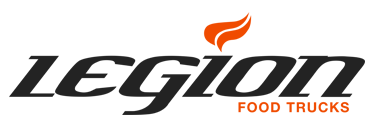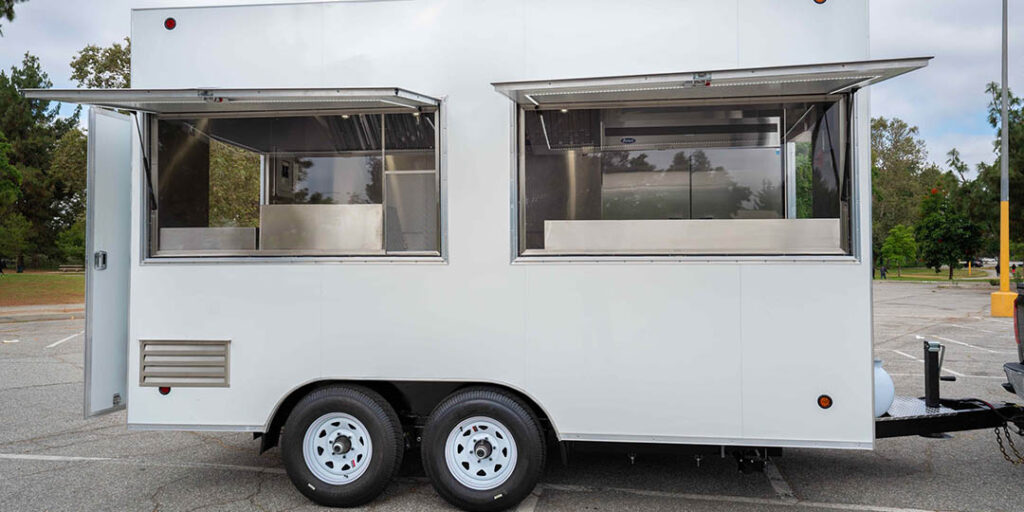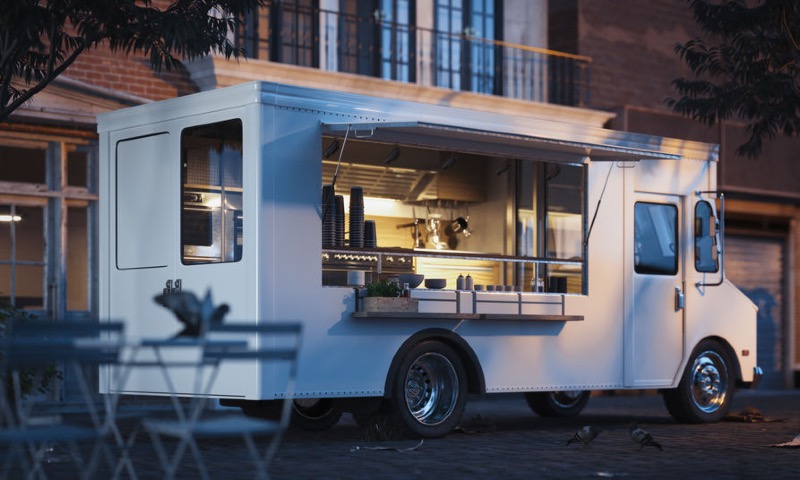If you’re a budding chef hoping to own an establishment, lower overhead costs, and increase your mobility, consider opening a food truck. The food truck industry is growing rapidly. Currently, 47,033 food trucks are operating in the U.S., 883 of which are in California. The food truck industry presents many opportunities, however, it’s not free of requirements and regulations. This step-by-step guide explains what you need to do to open a food truck business in California.
1. Research the Market in Your Location
Before creating a firm business plan, it’s essential to ensure your idea is likely to have a place in the market. Research your location for existing food truck businesses and consider how your ideas compare to what’s already out there. Consider the population demographic and areas where you’ll be able to sell your products.
Laws governing food trucks differ from one city to the next, regarding the hours food trucks can operate and how close they can be to brick-and-mortar restaurants. Research these regulations and consider how they’ll impact your business.
2. Develop a Sound Business Plan
Every successful business begins with a sound business plan, and a food truck is no exception. Your food truck business plan should include the following:
- Business name, concept, and logo
- Upfront expenses, funding plans, and financing requirements
- Target market and competitors
- How the business structure and operations will be organized
- Financial projections concerning overhead costs (including employees) and potential profits
3. Register Your Business
Your business must be registered for you to apply for funding and vendor licenses. The steps for registering your business in California include determining what type of business you’ll be running (most often a limited liability company, or LLC) and filing legal tax and identification documents. By setting up your food truck as an LLC, your personal assets will be protected from claims against your business.
4. Get Financing
While overhead for food trucks is typically lower than that of a traditional restaurant, you’ll be facing substantial startup costs. Funding options that may be available for starting your food truck business include:
- Investors
- A bank or government business loan
- A loan supported by the Small Business Loan Guarantee Program
- Personal loans
- Credit
5. Purchase Your Food Truck
Once you have all the legal details in place, it’s time to find and buy a truck. When choosing a food truck, it’s essential to consider its condition and the features that will help you run your business efficiently. Innovative designs and quality build-outs will help gain attention and run your business efficiently. It’s also essential to consider health department inspection requirements before making your purchase.
6. Obtain Necessary Licenses and Permits
The licenses and permits you’ll need can differ by your location. Requirements typically include:
- Brand trademark
- Tax identification number
- Business license and registered physical address
- Food handler permits and health permits
- Food Safety Certification and mobile food facility permits
- Worker’s Compensation insurance
7. Buy Equipment and Supplies
Many of the supplies you need may already be installed in your food truck. Supplies and equipment you’ll need to run your business efficiently include:
- Food preparation, cooking, and serving equipment
- Refrigerator
- Warming and holding equipment
- Cleaning equipment
8. Get the Proper Insurance
Every business requires insurance to protect against potential liability. The right business insurance can protect your food truck business from lawsuits, accidents, lost income, and equipment breakdowns. No matter what policy you choose, take the time to discuss all aspects of your business with your agent to ensure you’ll have the coverage you need.
You may choose from the following insurance types:
- Food Truck Insurance: This all-inclusive policy typically includes commercial vehicle insurance, general liability, and workers’ compensation. Custom plans allow you to add other coverages for occurrences like customer illness and property damage.
- Business Insurance Policy: A business insurance policy includes business liability, commercial property insurance, and business interruption insurance. You’d also need to add commercial auto insurance.
- Additional Add-Ons: To get the level of protection you need for your food truck business, you may wish to purchase additional policies that cover issues like equipment breakdown, employment practices, food spoilage, and liquor liability.
Make Your Food Truck Dreams a Reality With Legion Food Trucks
If you’re planning to start a food truck business, we can help. Legion Food Trucks has gathered some of the best information on initiating a business, including how to name your business, develop a solid plan, and more. Contact us today to start your food truck business on the right foot.







